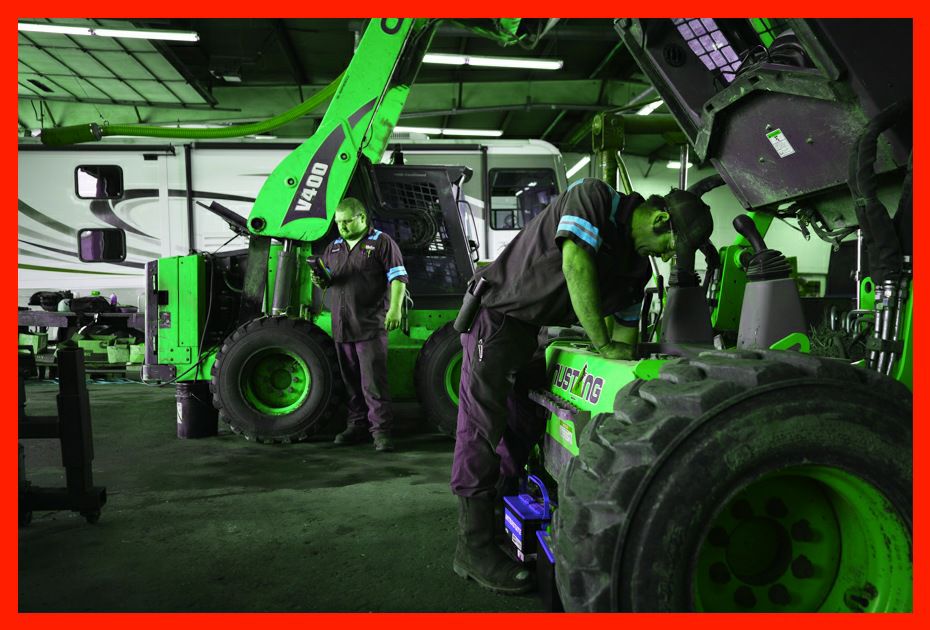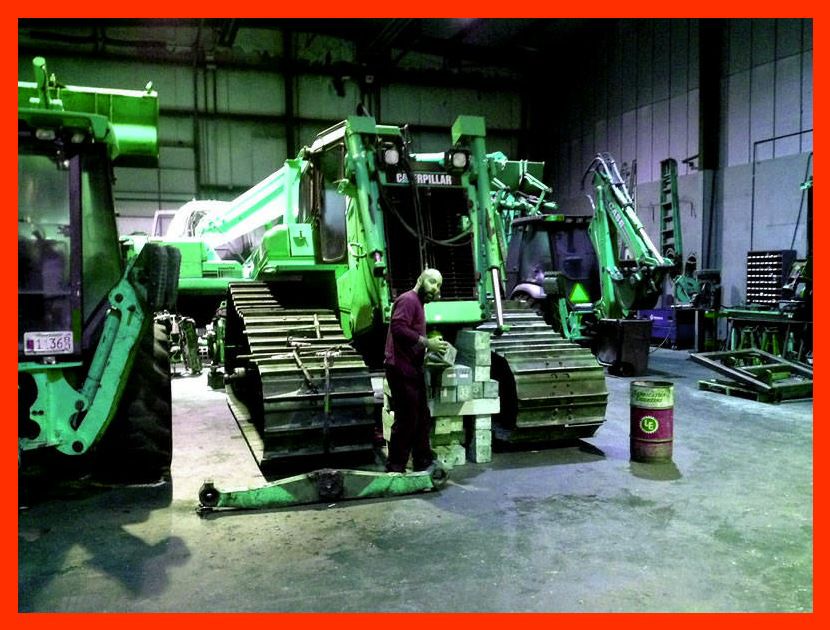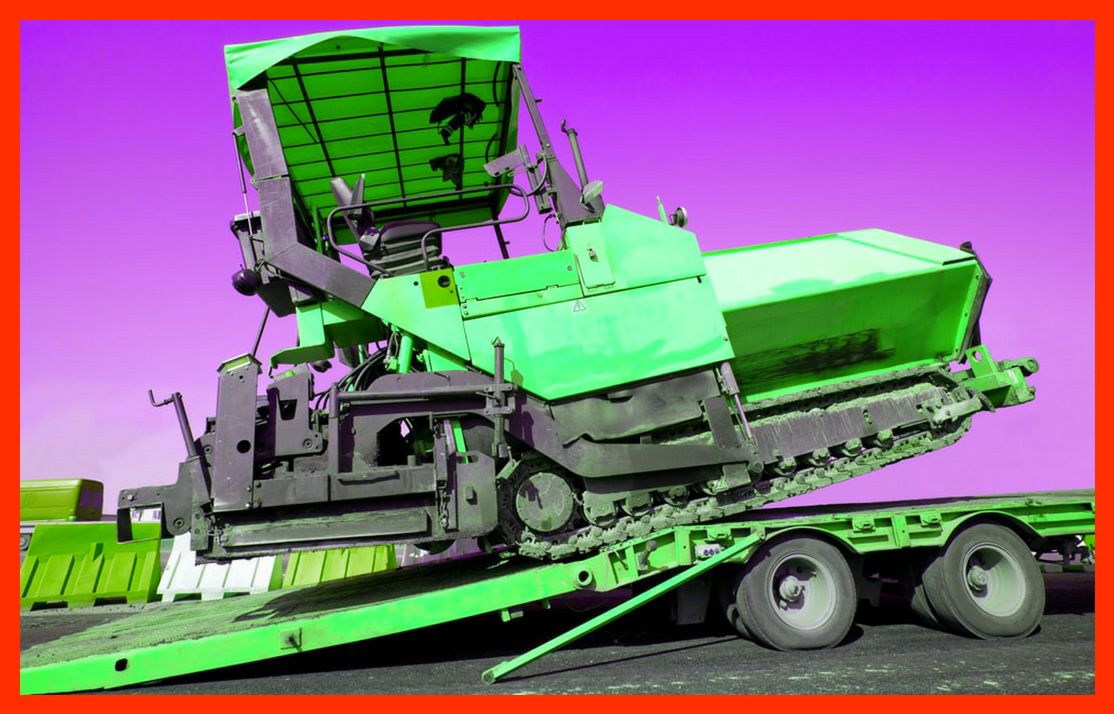
Construction Equipment Repair Keeping Your Machines Running Smoothly
Construction sites are bustling with activity, and at the heart of all that work are the heavy-duty machines and equipment that make it all happen. Bulldozers, excavators, cranes, and more – these giants of the construction world are essential for getting the job done. But what happens when these mechanical marvels encounter problems? That’s where construction equipment repair comes into play. In this article, we’ll explore the world of construction equipment repair, from the basics to the FAQs that every site manager should know.

| Sr# | Headings |
|---|---|
| 1 | What is Construction Equipment Repair? |
| 2 | Common Equipment Issues and How to Spot Them |
| 3 | The Importance of Regular Maintenance |
| 4 | DIY vs. Professional Repairs: Pros and Cons |
| 5 | Finding the Right Repair Service Provider |
| 6 | Cost Factors: What to Expect When Repairing Equipment |
| 7 | Preventive Measures for Prolonging Equipment Lifespan |
| 8 | Environmental Considerations in Equipment Repair |
| 9 | The Role of Technology in Modern Equipment Repairs |
| 10 | Keeping Your Construction Site Running |
What is Construction Equipment Repair?
Construction equipment repair is the process of restoring and maintaining heavy machinery used in construction. It involves addressing mechanical, electrical, or hydraulic issues to ensure that these machines perform optimally. Think of it as a visit to the doctor for your equipment, making sure everything is in tip-top shape.
Common Equipment Issues and How to Spot Them
Just like humans, construction equipment can experience health problems too. Some common issues include engine overheating, hydraulic leaks, electrical malfunctions, and worn-out components. Spotting these issues early on can save you time and money in the long run.
The Importance of Regular Maintenance
Regular maintenance is the key to preventing costly repairs. It’s like changing the oil in your car to keep the engine running smoothly. Routine check-ups and servicing can catch problems before they become major headaches.
DIY vs. Professional Repairs: Pros and Cons
When your equipment breaks down, you might wonder whether you should attempt a DIY fix or call in the pros. DIY repairs can save money, but they come with risks. Professional repairs offer expertise but can be costly. We’ll weigh the pros and cons.
Finding the Right Repair Service Provider
Choosing the right repair service provider is crucial. You want someone with experience, a good reputation, and fair pricing. We’ll guide you on how to make this important decision.
Cost Factors: What to Expect When Repairing Equipment
Cost is a significant concern when it comes to construction equipment repair. We’ll break down the factors that influence repair costs, so you can budget effectively.
Preventive Measures for Prolonging Equipment Lifespan
Prevention is better than cure. We’ll explore strategies and tips to extend the lifespan of your construction equipment and reduce the frequency of repairs.
Environmental Considerations in Equipment Repair
In today’s world, environmental responsibility is paramount. Discover how eco-friendly practices are making their way into construction equipment repair and why it matters.
The Role of Technology in Modern Equipment Repairs
Technology is revolutionizing every industry, including construction equipment repair. We’ll delve into the cutting-edge innovations that are changing the way we fix and maintain heavy machinery.
Conclusion: Keeping Your Construction Site Running
In conclusion, construction equipment repair is the lifeline of any construction site. Regular maintenance, timely repairs, and staying up-to-date with technology are all crucial aspects of keeping your equipment and your project running smoothly.
Frequently Asked Questions
1. What is the most common issue with construction equipment?
The most common issue is engine overheating, usually due to poor cooling system maintenance or air filter blockage.
2. Can I save money by doing equipment repairs myself?
While DIY repairs can save money, they are only recommended for minor issues if you have the necessary skills. Major repairs should be left to professionals to ensure safety and effectiveness.
3. How often should I schedule maintenance for my construction equipment?
It’s recommended to schedule maintenance every 250-300 operating hours or as per the manufacturer’s guidelines. More frequent checks may be needed for heavily used equipment.
4. Is it possible to retrofit older equipment with modern technology?
Yes, many older machines can be retrofitted with modern technology to improve efficiency, safety, and performance. Consult with a professional for options and costs.
5. What environmental benefits come with eco-friendly equipment repair practices?
Eco-friendly equipment repair practices help reduce waste, energy consumption, and emissions, contributing to a cleaner and more sustainable construction industry.
In the world of construction, equipment repair is the unsung hero that keeps the show running. Whether it’s diagnosing issues, performing maintenance, or embracing eco-friendly practices, it’s all part of ensuring that those colossal machines on your construction site never miss a beat. So, next time you hear the rumble of a bulldozer or the clang of an excavator, remember the dedicated experts working behind the scenes to keep them in prime condition.



